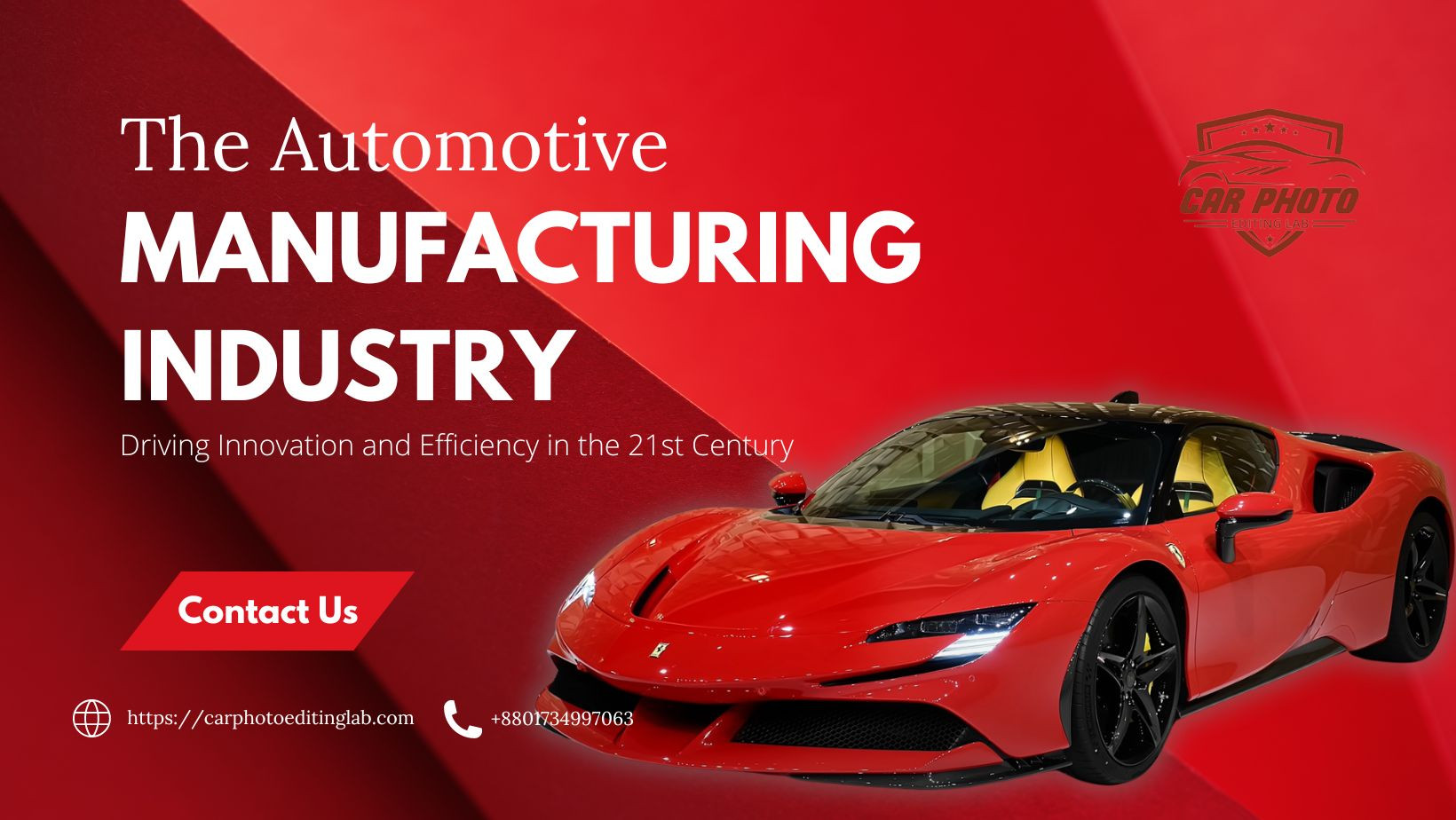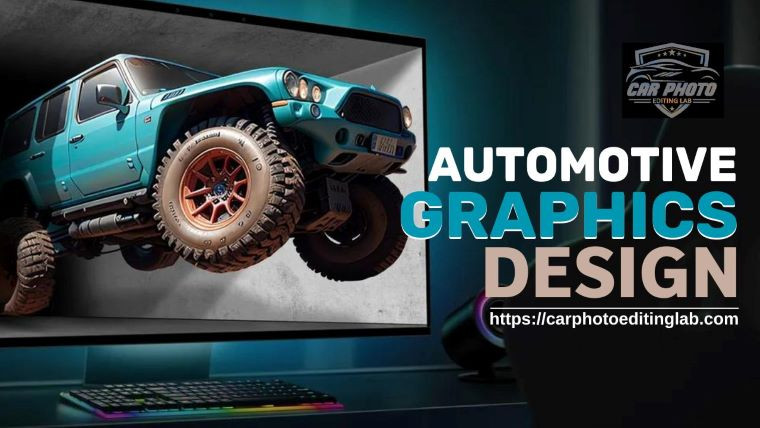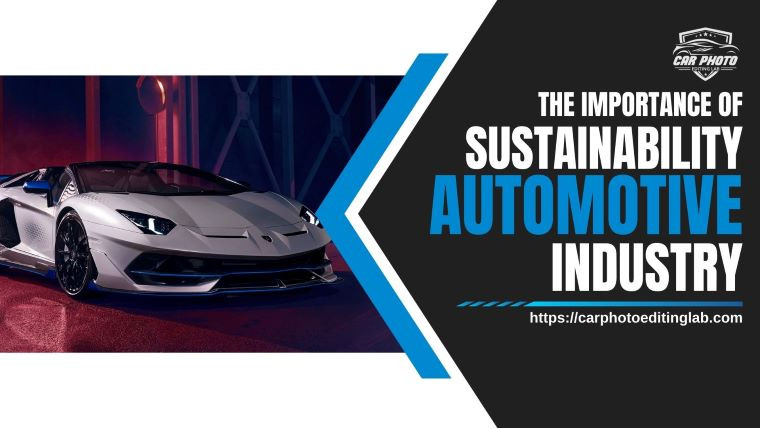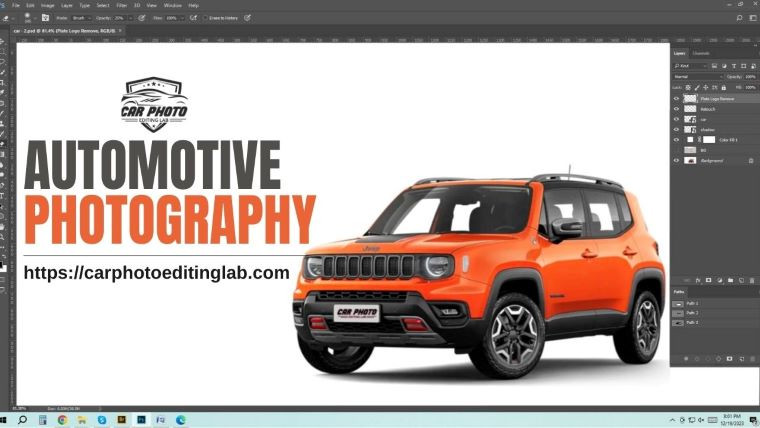-
Contact us with Whatsapp:
+8801734997063 -
Mail Us:
[email protected] -
Service Hours
24/7
Automotive Digital Marketing

Apr 2024
- 29 Apr 2024
- Car Photo Editing
- 0 Views
Automotive Digital Marketing
In the rapidly evolving landscape of the automotive industry, staying ahead of the competition requires a strategic approach to marketing that embraces the digital era. Automotive digital marketing has become a cornerstone for manufacturers, dealerships, and service providers looking to connect with a tech-savvy and digitally engaged consumer base. Digital marketing in the automotive sector encompasses a wide range of online strategies and channels, designed to enhance brand visibility, engage prospective customers, and drive sales. From social media campaigns and search engine optimization (SEO) to email marketing and online advertising, the digital realm offers a diverse toolkit for reaching and influencing automotive enthusiasts.
One of the key drivers behind the surge in automotive digital marketing is the changing consumer behavior. Modern car buyers conduct extensive research online before making purchasing decisions, seeking information on models, reviews, and dealership offerings. As a result, a robust digital presence is essential for automotive businesses to capture and retain the attention of their target audience. Social media platforms play a pivotal role in automotive digital marketing, providing a space for brands to connect with enthusiasts, showcase new models, and build a community around their products. Additionally, search engines like Google have become the go-to resource for consumers seeking information about cars, making effective SEO strategies crucial for visibility in the crowded online space.
Furthermore, the rise of electric vehicles (EVs), autonomous driving technologies, and sustainability concerns have added new dimensions to automotive marketing. Brands must communicate not only the performance and features of their vehicles but also their commitment to innovation, environmental responsibility, and customer-centric experiences. In this dynamic digital landscape, understanding and leveraging the latest technologies and trends are imperative for automotive businesses. From immersive virtual showrooms to personalized marketing automation, embracing innovative digital solutions is essential for staying competitive and meeting the expectations of today's digitally empowered automotive consumer. As we navigate the exciting intersection of technology and automotive marketing, businesses that adapt and harness the power of digital strategies are poised to thrive in this ever-evolving industry.
Building up an automotive business requires careful planning, strategic thinking, and a strong understanding of the industry. If you want to build your automotive business, please pay attention to the average prospect’s thought process.
How do I build up an automotive business?
To build up an automotive business, start by conducting thorough market research to identify trends, target customer demographics, and potential competitors in the automotive industry. Develop a comprehensive business plan outlining your goals, target market, products or services, marketing strategy, and financial projections. This plan will serve as a roadmap for your business and help secure funding if needed. Establish a strong online presence by creating a professional website, leveraging social media platforms, and utilizing digital marketing strategies to reach a wider audience. Build partnerships with suppliers, manufacturers, and other businesses in the automotive ecosystem to ensure a reliable and cost-effective supply chain. Strong relationships within the industry can lead to valuable collaborations and mutually beneficial opportunities. Provide excellent customer service and prioritize quality in both products and services. Word-of-mouth recommendations and positive reviews can significantly contribute to the growth of your automotive business, fostering customer loyalty and attracting new clients.
Market Research: Market research is crucial in the automotive industry as it enables companies to understand consumer preferences and anticipate trends, allowing for the development of vehicles that align with market demands. By conducting thorough market research, automotive businesses can gain insights into the competitive landscape, helping them position their products effectively and identify areas for innovation. Additionally, understanding the economic factors influencing consumer purchasing decisions allows companies to tailor their marketing strategies, pricing models, and promotional efforts to maximize sales and profitability. In a rapidly evolving industry, ongoing market research is essential for staying ahead of technological advancements, regulatory changes, and shifting consumer behaviors, ensuring automotive companies can adapt and thrive in a dynamic market environment.
Business Plan: A well-crafted business plan is essential for success in the automotive industry as it provides a strategic roadmap for companies to navigate the complex and competitive market. In the automotive sector, where substantial investments are required for research, development, and production, a comprehensive business plan helps secure funding from investors or financial institutions by showcasing a clear vision, market analysis, and financial projections. Moreover, a business plan enables companies to set realistic goals, allocate resources efficiently, and establish measurable benchmarks to track their progress. In an industry characterized by rapid technological advancements and shifting consumer preferences, a dynamic business plan serves as a vital tool for agility and adaptability, allowing automotive businesses to stay ahead of the curve and thrive in an ever-changing landscape.
Legal Considerations & Location: Legal considerations and location play a pivotal role in the automotive industry due to the complex regulatory landscape and the need for strategic positioning. Compliance with local and international regulations is critical in ensuring the safety and quality standards of automotive products, maintaining the reputation of companies, and avoiding legal disputes. Additionally, the choice of location for manufacturing plants, distribution centers, and research facilities is crucial in optimizing supply chain efficiency, minimizing logistics costs, and accessing skilled labor. Legal considerations related to intellectual property protection, environmental regulations, and labor laws must be carefully addressed to mitigate risks and foster long-term sustainability in the competitive automotive sector. The interplay of legal factors and location decisions is integral for automotive companies to navigate regulatory challenges seamlessly and establish a strong operational foundation.
Business Research & Analysis: In the automotive industry, services and specialization are vital factors that contribute to customer satisfaction, brand differentiation, and overall business success. Offering comprehensive and high-quality services, such as maintenance, repair, and customer support, enhances the overall customer experience and fosters brand loyalty. Specialization, whether in manufacturing specific vehicle types or focusing on niche markets, allows companies to develop expertise, streamline production processes, and gain a competitive edge in the market. Moreover, specialized services, such as electric vehicle charging infrastructure or connected car technologies, enable automotive companies to adapt to evolving industry trends and meet the changing needs of consumers. In a rapidly evolving automotive landscape, prioritizing services and specialization not only attracts customers but also positions companies strategically in a dynamic and competitive marketplace.
Online Presence & Networking: Establishing a strong online presence and engaging in networking activities is crucial for success in the automotive industry, where consumers increasingly rely on digital channels for research and purchasing decisions. A robust online presence through a user-friendly website, social media platforms, and digital marketing efforts enhances brand visibility, builds trust, and allows companies to connect directly with their target audience. Networking within the industry, whether through partnerships, collaborations, or participation in industry events, enables automotive businesses to stay informed about market trends, forge valuable connections, and identify potential opportunities for growth or collaboration. In a competitive landscape, effective online presence and networking efforts not only contribute to brand recognition but also foster a dynamic and responsive approach to the ever-changing demands of the automotive market.
Customer Feedback & Adaptability: Customer feedback and adaptability are paramount in the automotive industry as they enable companies to understand consumer preferences, improve product offerings, and stay ahead of market trends. Gathering feedback directly from customers provides valuable insights into the strengths and weaknesses of vehicles, ensuring continuous improvement in design, functionality, and features. Being adaptable to changing consumer expectations, technological advancements, and environmental concerns allows automotive companies to innovate, introducing sustainable practices and staying relevant in an evolving market. In a highly competitive industry, customer feedback and adaptability not only enhance customer satisfaction but also contribute to the long-term success and resilience of automotive businesses.
In conclusion, Automotive Digital Marketing stands as an indispensable tool in the contemporary automotive landscape, where the digital realm shapes consumer behaviors and purchasing decisions. The strategic use of online platforms, social media, and digital advertising empowers automotive businesses to reach and engage with their target audience more effectively than traditional marketing methods. Through data analytics and targeted campaigns, companies can tailor their messaging to individual preferences, creating a more personalized and compelling customer experience. Moreover, the real-time nature of digital marketing allows for quick adaptation to market trends and consumer feedback, fostering agility in a rapidly changing industry. As technology continues to advance, the integration of Artificial Intelligence and other innovative tools in digital marketing further enhances its potential for the automotive sector. Embracing Automotive Digital Marketing not only boosts brand visibility and customer engagement but also positions companies at the forefront of a dynamic and competitive market, ensuring sustained success in the digital era of the automotive industry.
























0 Comment